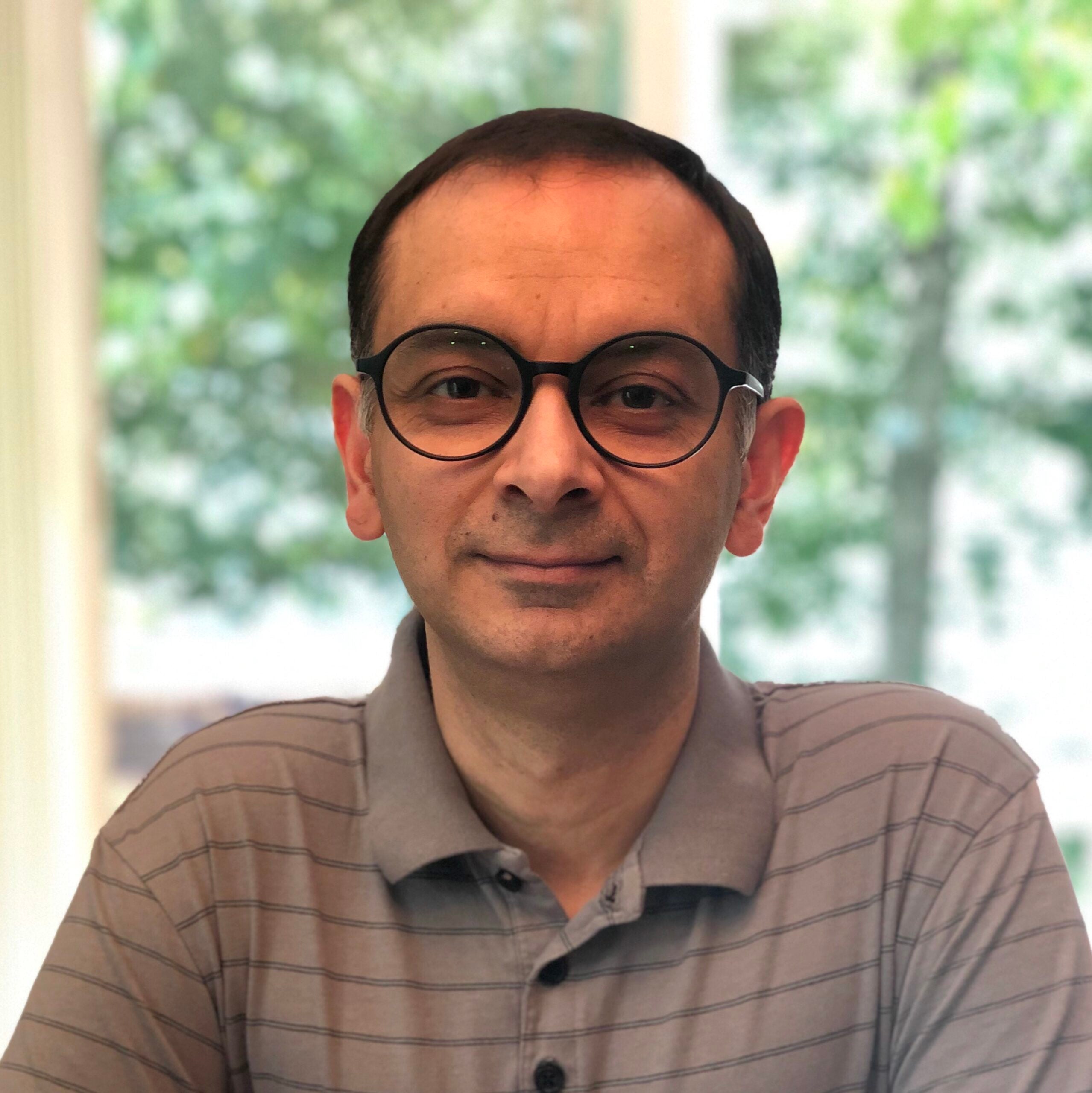KINGSTON, R.I. – Oct. 13, 2021 – University of Rhode Island Professor of Physics Gaurav Khanna has been elected a Fellow of the American Physical Society. Khanna is also the University’s founding Director of Research Computing.
The American Physical Society Fellowship Program was created to recognize members who have made advances in physics through original research and publication, or made significant innovative contributions in the application of physics to science and technology. The number of fellows each year is limited to no more than one half of one percent of the Society’s membership. It is a prestigious honor signifying recognition by one’s professional peers.
“I’m truly honored by this recognition of my research contributions by the American Physical Society. I’d like to thank my students and collaborators without whom I wouldn’t have been able to accomplish this, and support from the National Science Foundation over the decades,” said Khanna.
Khanna was named a fellow for his outstanding contributions and pioneering work in computational relativity, including innovative supercomputing techniques, computations of gravitational perturbations of black holes, gravitational waveforms from extreme mass-ratio binaries, classical black hole physics, and quantum gravity.
“The election of Professor Khanna as an APS Fellow by his peers speaks to the significant impact his research and publications have made – an impact I have no doubt will continue,” said Jeannette Riley, dean of the URI College of Arts and Sciences. “We are fortunate to have Professor Khanna as one of our faculty actively engaging with our students and leading our research computing at URI.”
Professor Leonard Kahn, chair of the Department of Physics added, “Gaurav Khanna’s research techniques and implementations have had a major impact on our ability to model black holes; however, may be of equal value is the enthusiasm and clarity he brings when he communicates this work, inspiring the next generation of physicists.”
Khanna is an accomplished researcher in the area of black hole physics and gravitational waves. These waves are “ripples” in the fabric of space-time that were recently discovered by the United States Laser Interferometer Gravitational-Wave Observatory (LIGO) project, a century after they were theoretically predicted by Einstein. His research has brought about a deeper understanding of black holes, specifically extreme black holes and singularities.
Khanna works on a next generation version of LIGO, a space-borne gravitational wave detector, called LISA, led by the European Space Agency and NASA. His research has been funded by the National Science Foundation for nearly two decades and he has published more than 100 papers in top peer-reviewed research journals. He has been covered widely in outlets including Wired, Forbes, BBC, HPCWire, Discovery, Space.com and The New York Times.
Last fall Khanna and two colleagues from other institutions were awarded 880,000 core-hours of supercomputing time on Oak Ridge National Lab’s Summit supercomputer. Summit is the fastest supercomputer in the United States today, capable of performing 200 quadrillion calculations in one second. The trio received the maximum awarded Directors’ Discretionary allocation to further their research project, “Mixed-Precision WENO Method for Hyperbolic PDE Solutions,” which involves implementing and evaluating different computational methods for black hole simulations. The allocation of supercomputing time is also supporting research activities at URI in the area of black hole physics.
Khanna obtained his doctoral degree from Penn State University in 2000 and his undergraduate degree from Indian Institute of Technology, Kanpur (India) in 1995.

